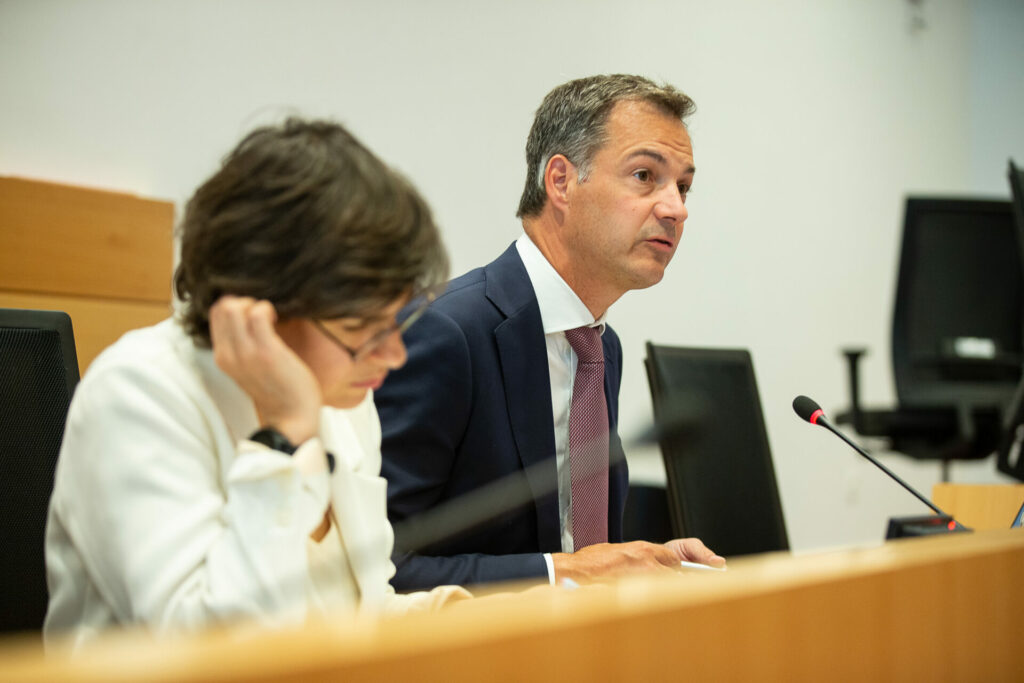Soaring energy prices and a difficult winter ahead have led Prime Minister De Croo and Energy Minister Tinne Van Der Straeten to call for a "more decisive" European approach to the energy crisis, reported De Standaard.
EU chief Ursula von der Leyen on Wednesday unveiled a five-point plan to reduce electricity prices for citizens and businesses and curtail Russia's manipulation of the gas market.
The plan would limit the profit margin of producers of low-cost electricity, such as nuclear power, solar, and wind. Oil and gas companies have to contribute to a solidarity scheme that is similar to what the Belgian federal government is working on.
Price cap on Russian gas won't help Belgium
Several major energy companies in Europe, including those producing green energy, are at risk of collapse. The European Commission aims to provide financial support keep them afloat. Simultaneously, the Commission is proposing to set a price cap on Russian gas.
However, the same price limit would not apply to gas from other countries, most notably Norway, which the Commission doesn't want to penalise for being a reliable supplier and has increased its production of gas.
Related News
- EU announces five 'immediate moves' to lower energy prices
- Commission says it is 'fully on track with energy crisis proposals'
As Belgium gets most of its gas imports from Norway, De Croo and van der Straeten are doubtful that the Commission proposal will have much effect here. "A price ceiling on Russian gas will not solve our problems," said Prime Minister Alexander De Croo, who previously stressed that only EU-wide initiatives can solve the problem.
"We need a price cap on all pipelines, not just the Russian one. If not, we will continue to transfer massive tax money to the gas-producing countries."
Energy Minister Tinne Van der Straeten (Groen) has responded negatively to the Commission proposal, saying "it's time for a more decisive approach."
A cap on LNG (liquefied natural gas) is also being discussed. European purchase of gas is possible, but von der Leyen warned that the price Europe is willing to pay shouldn't fall below market prices in Asia.

